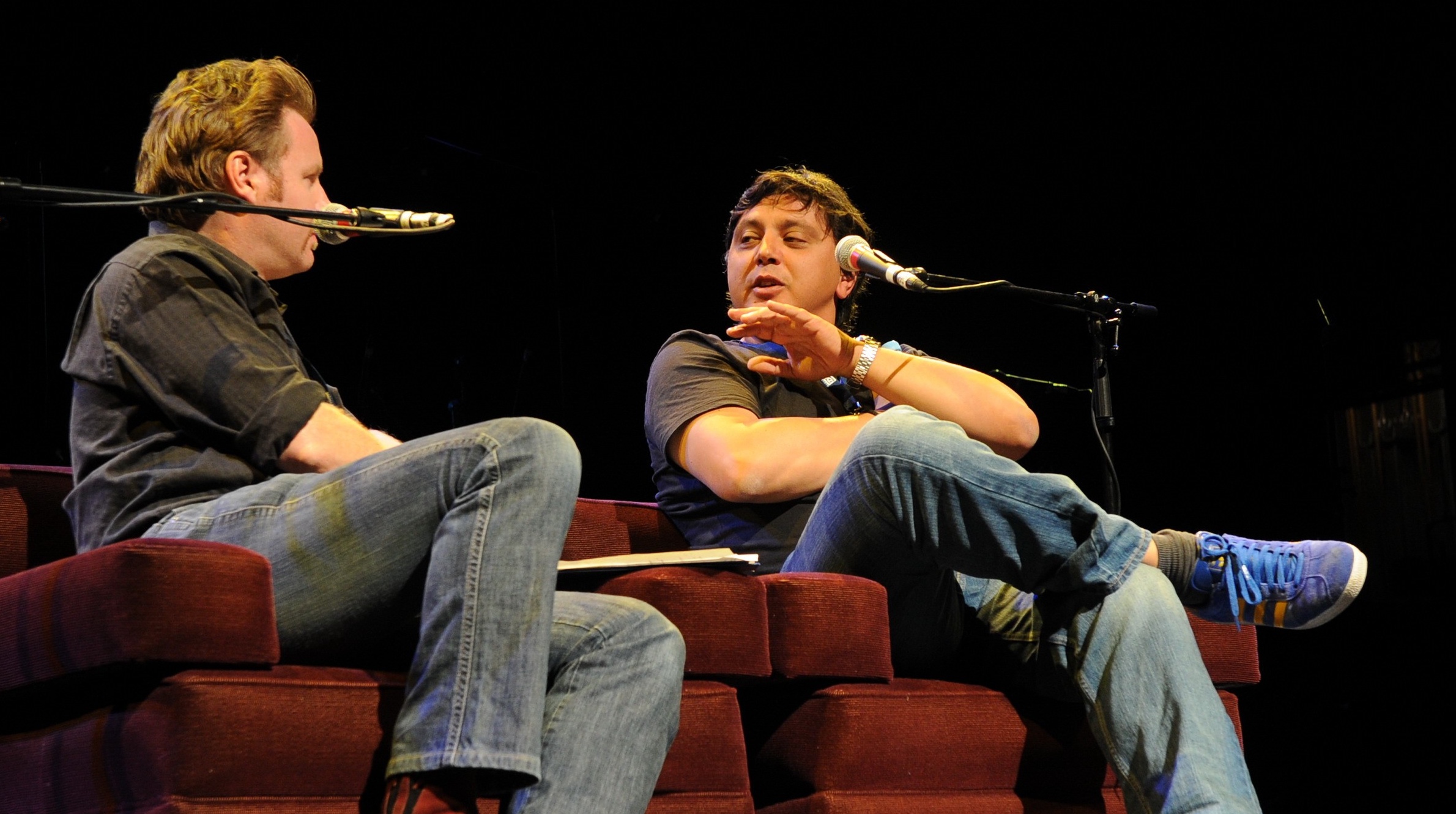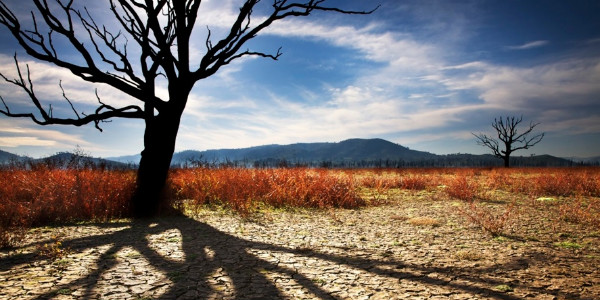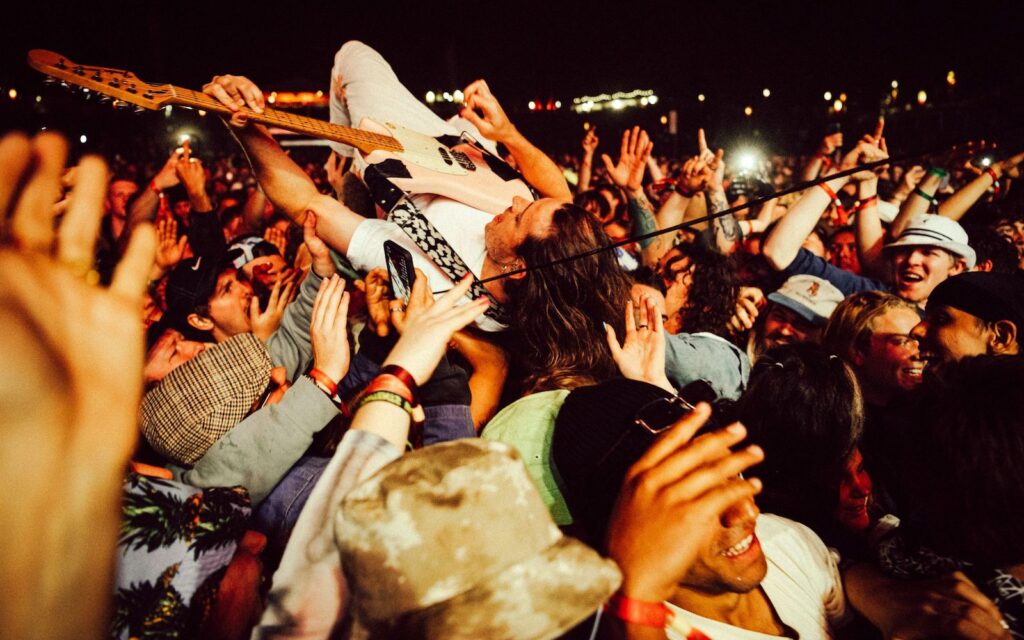International speakers, live showcases, networking opportunities and more…
If you’re into everything music then I’m sure you attended the Face The Music Conference last weekend. And what a conference it was! With international speakers, live showcases, networking opportunities and more, it was an exciting and jam packed two days.
Hosted by youth music organisation, The Push, Face The Music 2010 allowed music fans to talk to 70 music industry guests in a friendly environment to give them a new awareness of the music industry and the broad Australian and international markets.
For those out there who are looking to make a name in the music industry, whether it be playing in a band or working in the business sector, this conference gave them all the information they needed to get their foot in the door. And when you get advice from some of the biggest names in media, you listen. Carefully.
And what made the conference even better is how relaxed the atmosphere was. Think talk show. Comfy chairs, panel of experts, interesting conversation. And when it came to question time, it was hard to get a word in. In every session there were never too few hands raised, asking the guest speakers about ways in which they themselves could forge a career in the industry.
There was definitely something for everyone at Face The Music.
If you’re a musician or in a band you would have attended My Record, My Release, where there was talk about the best way to get your record out there.
For those who were more interested in the festival scene, there was the Festivals of the World session. Festival directors from all over the globe came to share their thoughts from Malcolm Haynes (Glastonbury Music Festival) to Jason Myall (Fuji Rock Festival).
I went to one last session to conclude the end of the first day of the conference. And it’s a mouthful: Dancing About Architecture: Dissecting the Role of the Music Critic in the Modern Age. This panel included both journalists, publicists, talk show hosts and musicians. Music experts including Mess+Noise’s Darren Levin and Jet’s Mark Wilson told us about their best and worst interviews and all other good and bad experiences as critics and musicians.
Although this session could have gotten awkward with freelance journalist Michael Dwyer having written a bad review about Jet, Mark Wilson didn’t take it to heart.
“You put something out there to be loved or hated,” Wilson says.
The second day of the conference was a full day with twice as many seminars as the first.
Kicking off the day with a bang was Billboard and The Music Network’s, Lars Brandle’s interview with international DJ, Carl Cox.
The one thing that I got from the interview is that Carl Cox is a busy, busy man. As well as playing his DJ sets he has his own record label and radio show. And for someone who started mixing music from his father’s records at the age of eight, this is a man who knows about music. Brought up with mo-town records, funk and soul and disco music, it was known from a young age that Cox was going to become something big.
Having made over 150 000 pieces of music, as well as his recently released fourth album and starring in his own TV show, we can say he’s proved everyone right.
The second session that day took the mic away from the performers and handed it over to Australia’s best label and artist managers. But what do record labels do? What do they look for in an artist? How do you approach one, and the big question: do you even need one?
The panelists including Dew Process’ John Mullen and Crucial Sounds/Redcat’s Rae Harvey tell it like it is when giving artists advice on how to get themselves out there.
The top tip? Get networking. Resist Record’s, Graham Nixon tells bands to get out there and to support the local scene. And with the net giving us wonders such as MySpace where you can upload your own profile and music, it’s so easy for bands to get connected and build up some contacts.
But it’s not only record labels that are important in the music scene. The third session of the day brings us to booking agents- an artists secret weapon.
So why is a booking agent important? To put it simply, they are the link between a band and a manager. Booking agents take care of all the planning whether it be releasing a single, playing a gig, pitching bands for festivals or booking venues.
Premier Artists’ Frank Stivala, one of Australia’s most experienced agents gives us the low down. “An act needs a manager and/or agent to progress,” Stivala advises.
Well said.
By the end of the two days, if I was ever good enough to be in a band, I’d definitely know how to go about getting myself out there!
The Face the Music conference was interesting, informative, and most of all, it wasn’t just sitting around listening to other people talk. Everyone had the chance to have their say and get their voice heard.
This was one conference I’m not going to forget in a while. And not just because of the free goodie bag!







